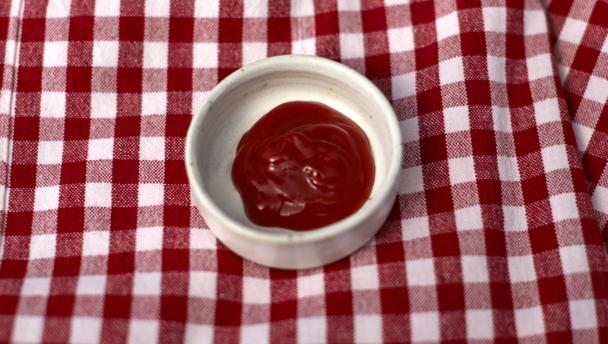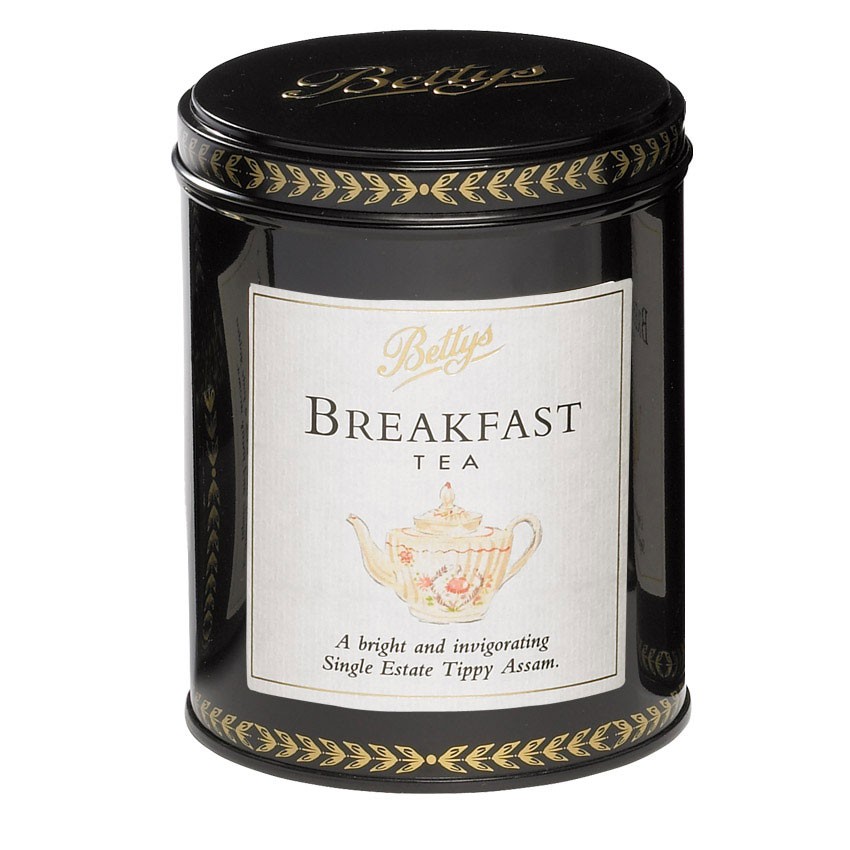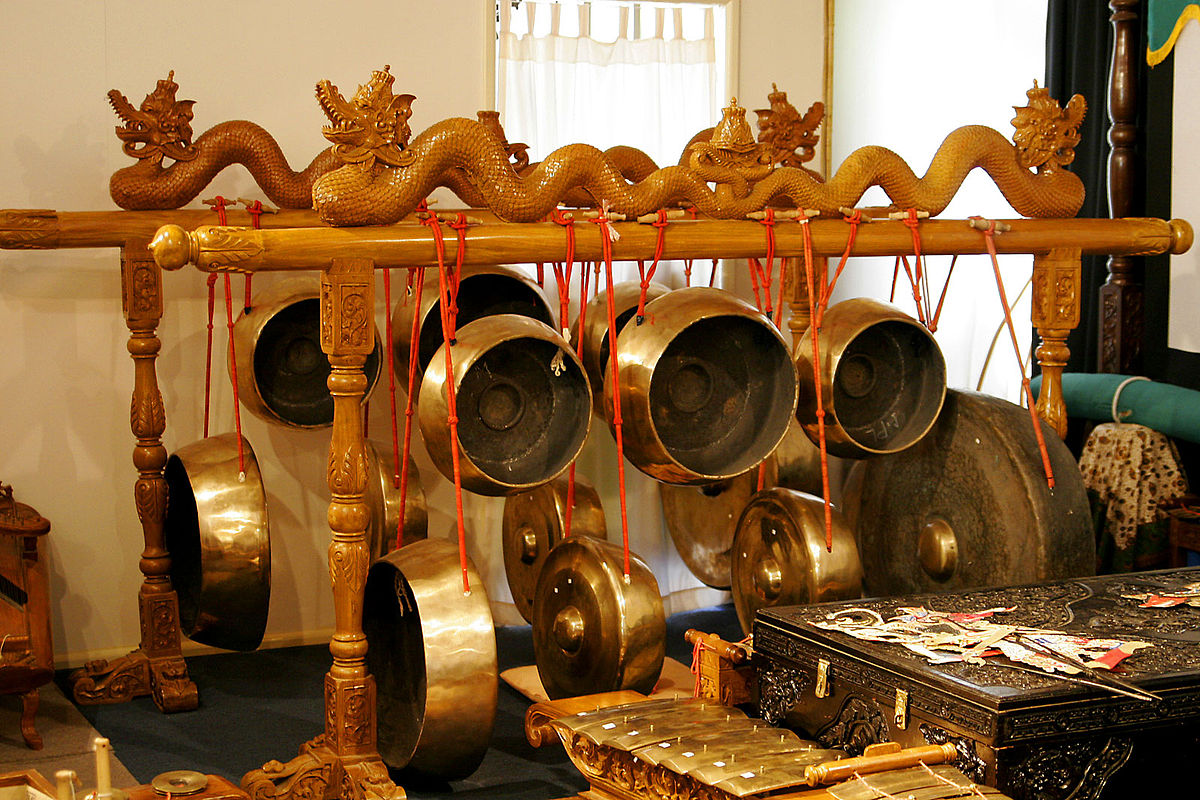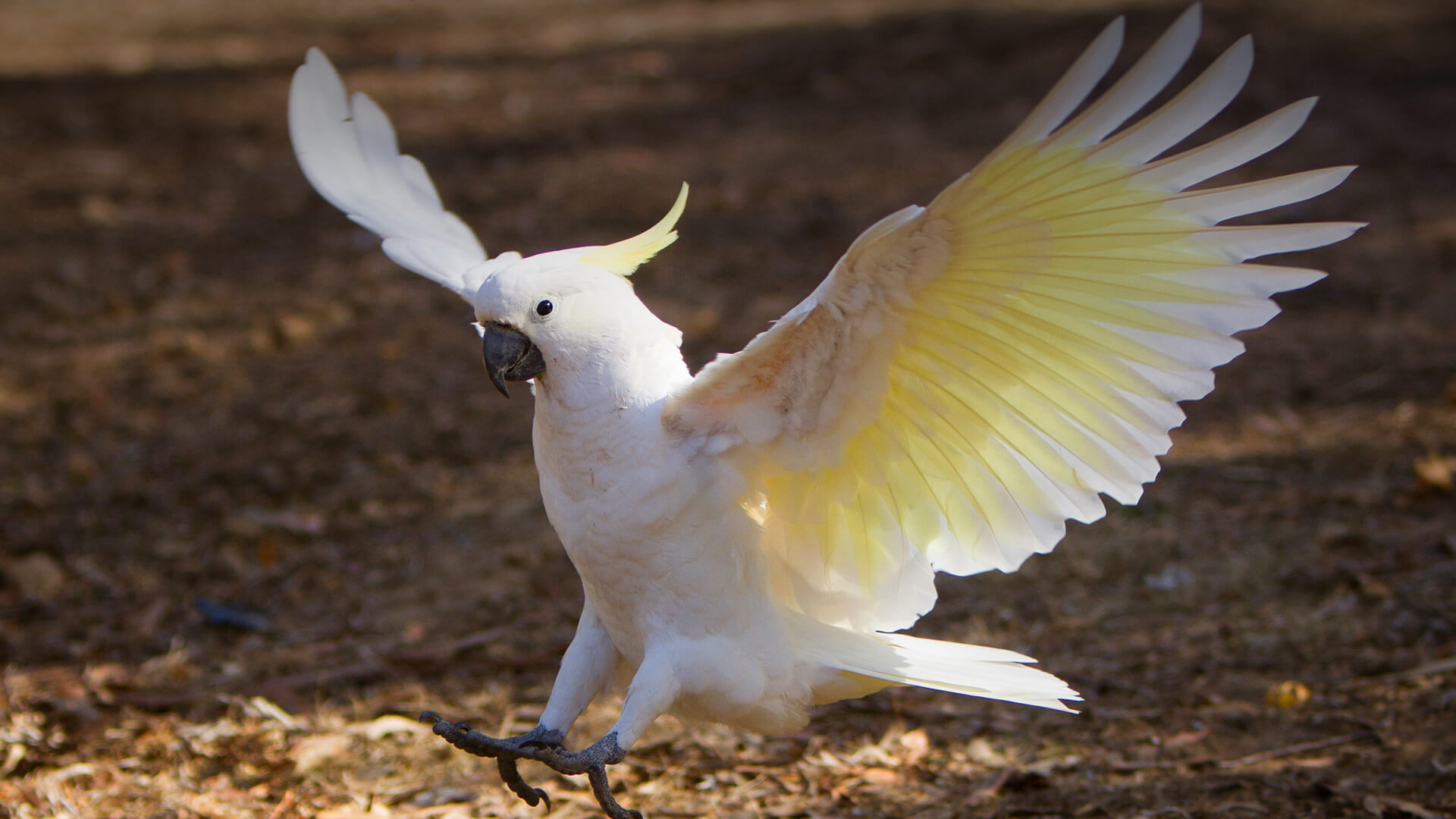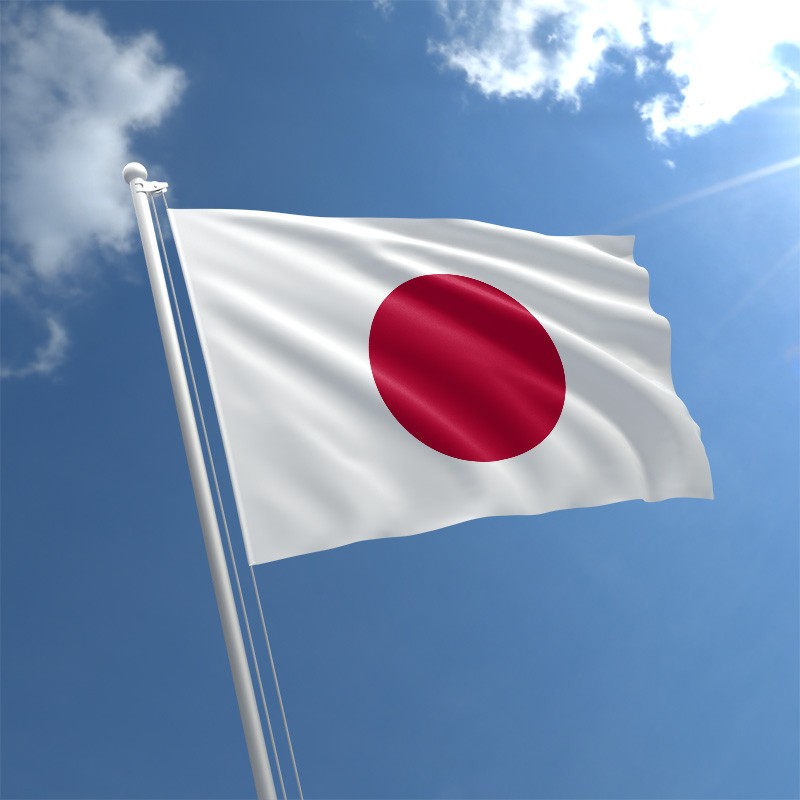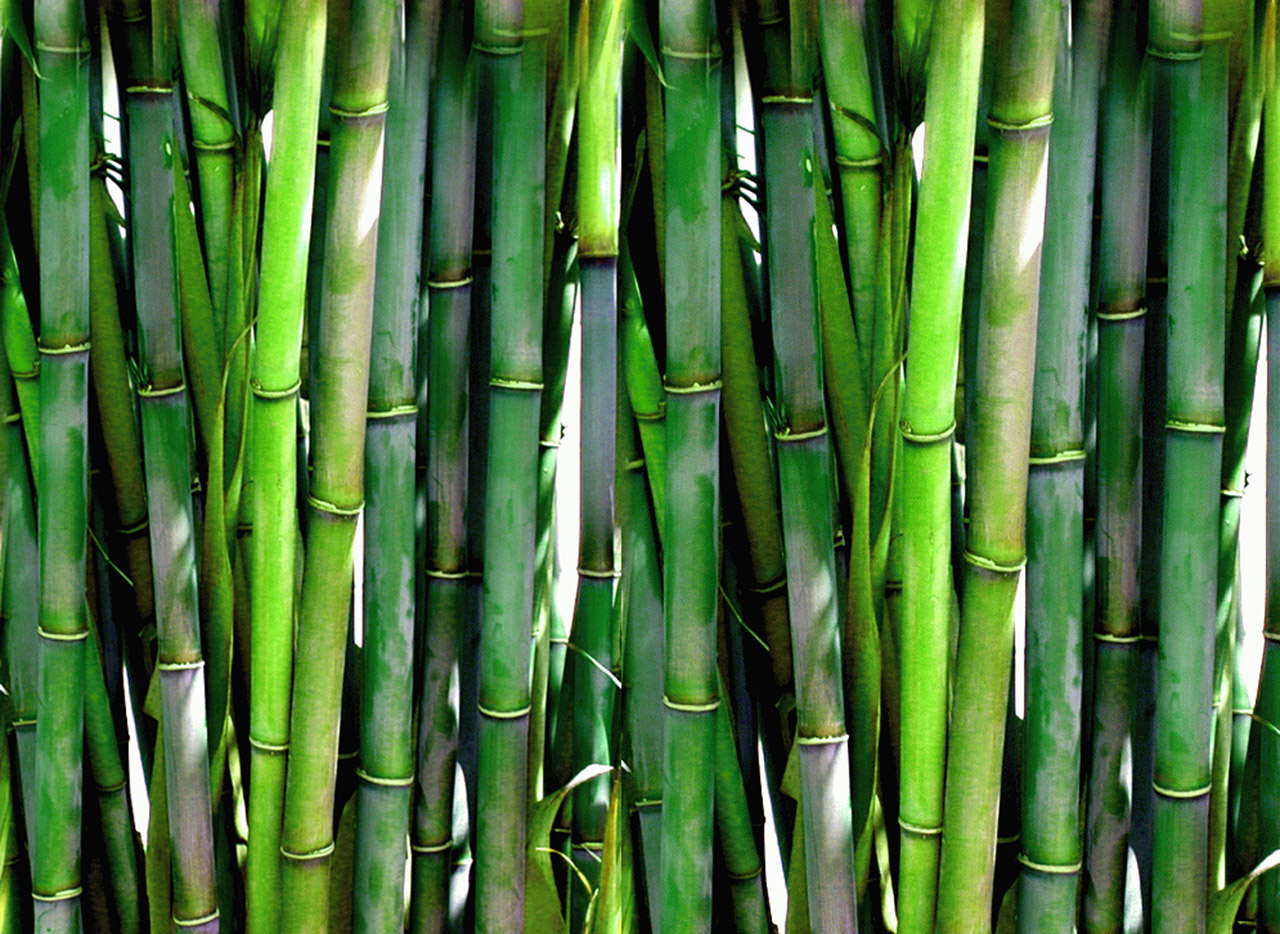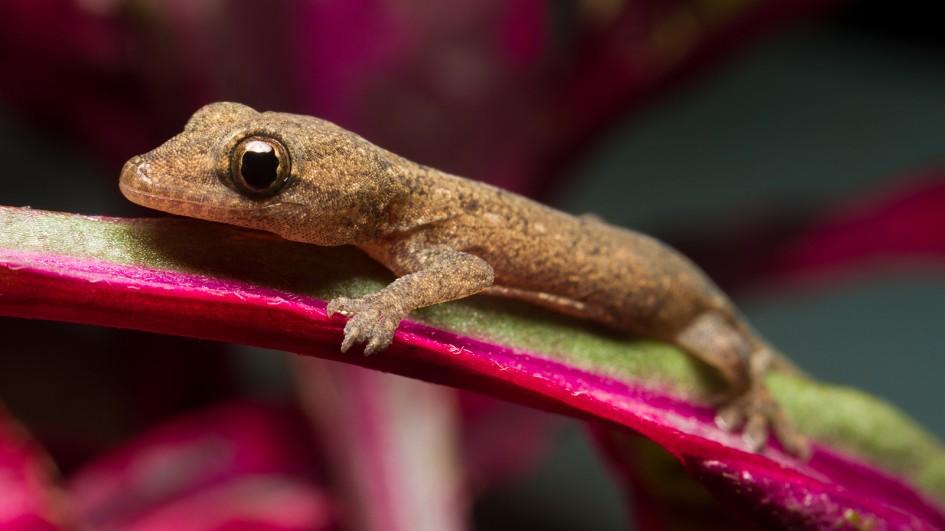14 English Words That Have Malay Origins
They aren't obvious either.
English is widely known to be a borrowed language
This means that many of its words were derived or "adopted" from other languages.
And you'd be surprised to know just how many of those words actually have its origins rooted in Malay!
Note: All etymologies and facts below were obtained from A Comprehensive Etymological Dictionary of the English Language, The World Atlas Of Language And Structures Online, The Online Etymology Dictionary and Collins Dictionary.
1. Tea
Most words for "tea" in each language were ultimately of Chinese origin but differ based on their coming of different routes.
Before "tea" became the dominant term, the popular beverage was mainly known as chaa, derived from the Portuguese chá. Chá was likely derived from the Mandarin ch'a.
Its new form which is now more common in modern English is derived from the Malay teh. Teh was, in turn, a derivation from the word t'e, from the Amoy Hokkien dialect.
2. Paddy
The word "paddy" is derived from the Malay word padi, which means "rice in the straw". Its first known use was in 1623.
4. Launch (boat)
A launch is an open motorboat. It was used mainly during the Second World War by the United Kingdom's Royal Navy to defend the coast against submarines.
The first known use of the word "launch" was in 1967, likely derived from the Portugese lancha which in turn was derived from the Malay lancharan. The boat was called lancharan in Malay since its root word lanchar referred to a fast and gliding action.
6. Cootie
A cootie refers to a head louse. It is a small insect that lives in people's hair. Its use was popularised in 1917 and was derived from the Malay word kutu.
8. Amok
The phrase "running amok" means for someone to be out of control, especially when they're armed and dangerous.
It was adopted into English from the Portuguese amouco which in turn originated from the Malay amok. Back then, the word "amok" was associated with individuals (often men) who went into a frenzy, carrying a weapon trying to either kill or seriously injure anyone in their path. These "amok" episodes were a common occurence in the older days of Malaya.
10. Gong
Gong, referring to the Chinese instrument, was derived from the Malay gong and was first used in 1590.
Malays called the instrument "gong" to replicate the sound it makes.
12. Japan
The English word for Japan stems from the Portuguese Japao which was derived from the Malay Japang, the language's old word for Japan. Malays likely derived Japang from the Chinese jih pun.
It is thought that Portuguese traders who encountered the word in 16th century Melaka were the first to bring the word to Europe. Its first use in English was in 1577 and was spelled as "Giapan".
14. Gecko
A gecko is a small lizard found mostly in areas with warm climates.
The word first came into use in 1774 and was derived from the Malay gekok. It was called gekok to imitate the sound of the animal's cry.






